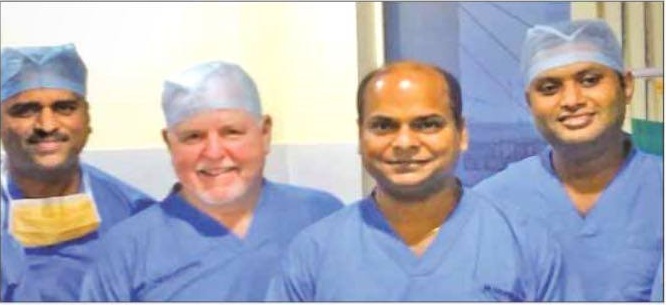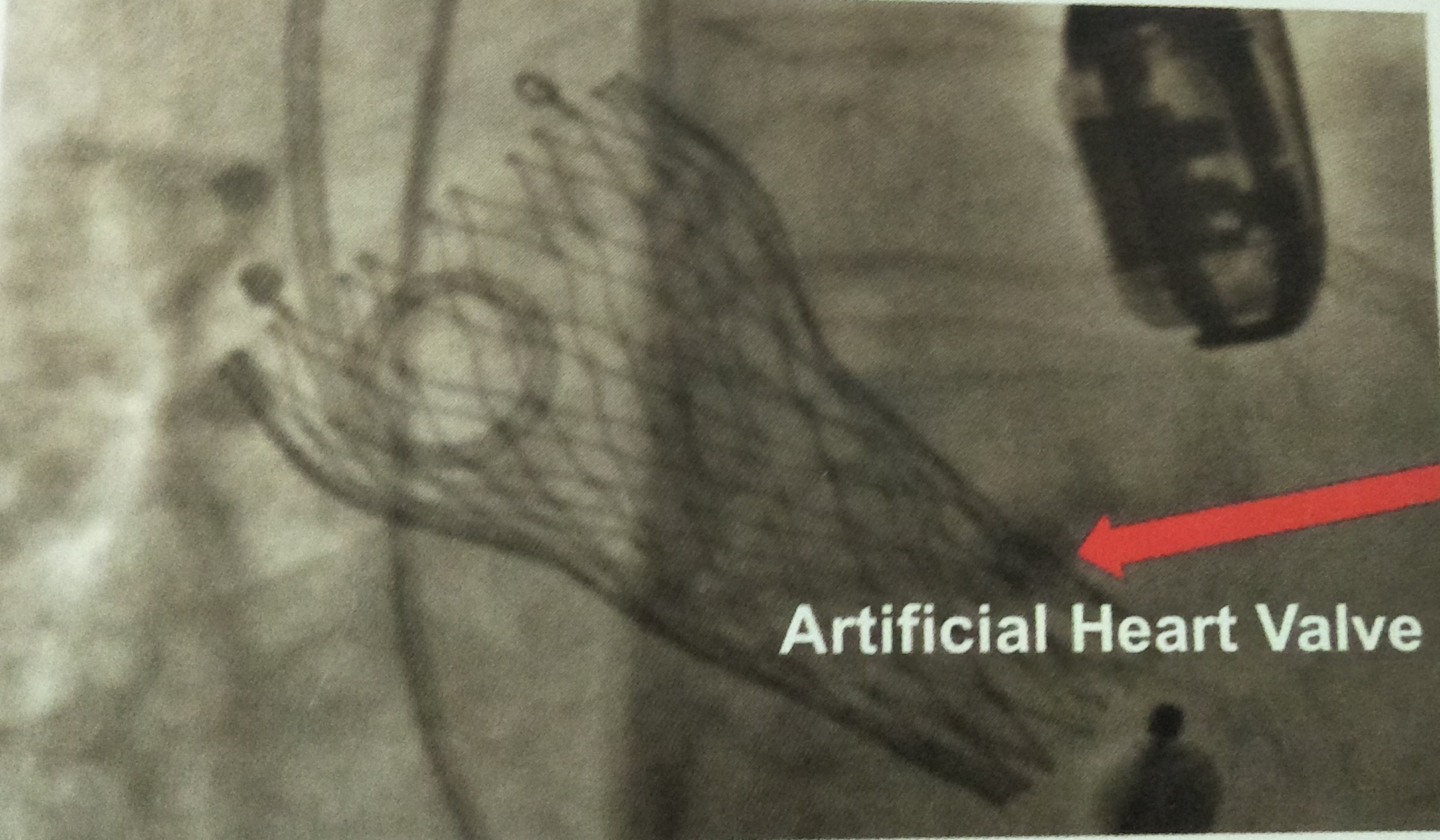Successfully operated more than 900 cases
 All types of Adult Cardiac Surgeries including very high risk cases
All types of Adult Cardiac Surgeries including very high risk cases
 Value repair Surgery on regular basis
Value repair Surgery on regular basis
 MICS (Minimal Invasive Cardiac Surgery) a routine affair
MICS (Minimal Invasive Cardiac Surgery) a routine affair
 Beating heart bypass surgeries
Beating heart bypass surgeries
 Aortic Aneurysm Surgeries
Aortic Aneurysm Surgeries
 Pediatric Cardiac Surgery such as surgery for ASD, VSD, PDA, TOF, DORV etc
Pediatric Cardiac Surgery such as surgery for ASD, VSD, PDA, TOF, DORV etc
 Surgical RFablation for atrial fibrillation only center in Odisha
Surgical RFablation for atrial fibrillation only center in Odisha
 Thoracotomy approach for CABG and Valve surgeries
Thoracotomy approach for CABG and Valve surgeries
 Combined CABG & Carotid end arterectomy
Combined CABG & Carotid end arterectomy
 Combined CABG and peripheral artificialbypass surgery
Combined CABG and peripheral artificialbypass surgery
 OPCAB in dextrocardia (A rare birth defect where all the internal organs of body are present in the opposite side) with critical LMCA disease (only 2 cases so far reported in the world)
OPCAB in dextrocardia (A rare birth defect where all the internal organs of body are present in the opposite side) with critical LMCA disease (only 2 cases so far reported in the world)
 Facilities for mechanical circulator support like ECMO (Extra Corporeal Membrane Oxygenation) available
Facilities for mechanical circulator support like ECMO (Extra Corporeal Membrane Oxygenation) available
All adult Cardiac surgery. Valve Repair / Replacement, CABG (Particularly beating Heart bypass surgery), Post MI Ventricular Septal Rupture Repair, Congenital heart surgeries like ASD, VSD, PDA, ICR for TOF etc. Major Vascular surgeries, Aortic aneurysm surgery. Lung resections surgeries. Mediastinal tumor surgeries, Peripheral Vascular surgeries like vascular repair or bypass embolectomy. AV Fistula, Varicose Veins surgery.
FACILITIES :
 Twin Modular OT with 13 bedded well equipped ultra modern Cardiothoracic ICU.
Twin Modular OT with 13 bedded well equipped ultra modern Cardiothoracic ICU.
 Round the clock well experienced doctors, trained nursing and paramedic staff availability in hospital for patient care.
Round the clock well experienced doctors, trained nursing and paramedic staff availability in hospital for patient care.
EQUIPMENTS :
 Most sophisticated advanced Heart lung machine, IABP.
Most sophisticated advanced Heart lung machine, IABP.
 Advanced Ventilators with neonatal care facility.
Advanced Ventilators with neonatal care facility.
 Advance monitors.
Advance monitors.
 High end cardiac surgical instruments particularly for Minimal Invasive Cardiac Surgery.
High end cardiac surgical instruments particularly for Minimal Invasive Cardiac Surgery.

Heart Valve Changed Without Open Heart Surgery at KIMS for the First Time in Odisha
In a landmark advancement in the medical field in Odisha, the Kalinga Institute of Medical Sciences (KIMS) has done the first case of transcatheter aortic valve replacement (TAVR). This state of the art procedure was done at KIMS by Cardiologist Dr. Anupam Jena and his team Dr. Michael Caskey from USHA helped the team in successfully performing the procedure.
The patient was a 72 years old female who was suffering from narrowing of the aortic valve. She was complaining of chest pain and breathing difficulty. The patient was evaluated by cardiologist and cardiac surgeon and was found to be at high risk zone for carrying out of an open heart surgery. She was advised to undergo Trans-catheter Aortic Valve Replacement (TAVR). Subsequently, the patient underwent TAVR.
She is doing well now and will be discharged in 2-3 days. TAVR or Transcatheter Aortic Valve Implantation (TAVI) is a minimally invasive procedure that repairs the Aortic valve without removing the old, damaged valve. Instead, it wedges a replacement valve into the aortic valve’s place.
Somewhat similar to a stent placed in a coronary artery, the TAVR approach delivers a fully collapsible replacement valve to the valve site through a catheter. Once the new valve is expanded, it pushes the old valve leaflets out of the way and the tissue in the replacement valve takes over the job of regulating blood flow. This procedure is fairly new and is FDA approved for people with symptomatic aortic stenosis who are considered an intermediate or high risk patient for standard valve replacement surgery. Usually valve replacement requires an open heart procedure with a “sternotomy”, in which the chest is surgically separated (open) for the procedure.
The TAVR or TAVI procedures can be done through very small puncture in the femoral arteries at the groin leaving all the chest bones in place. A TAVR procedure provides beneficial treatment options to people who may not have been candidates for them a few years ago while also providing the added bonus of a faster recovery in most cases.
A patients experience with a TAVR procedure may be comparable to a balloon treatment or even an angiogram in terms of down time and recovery, and will likely require a shorter hospital stay (average 3-5 days).
